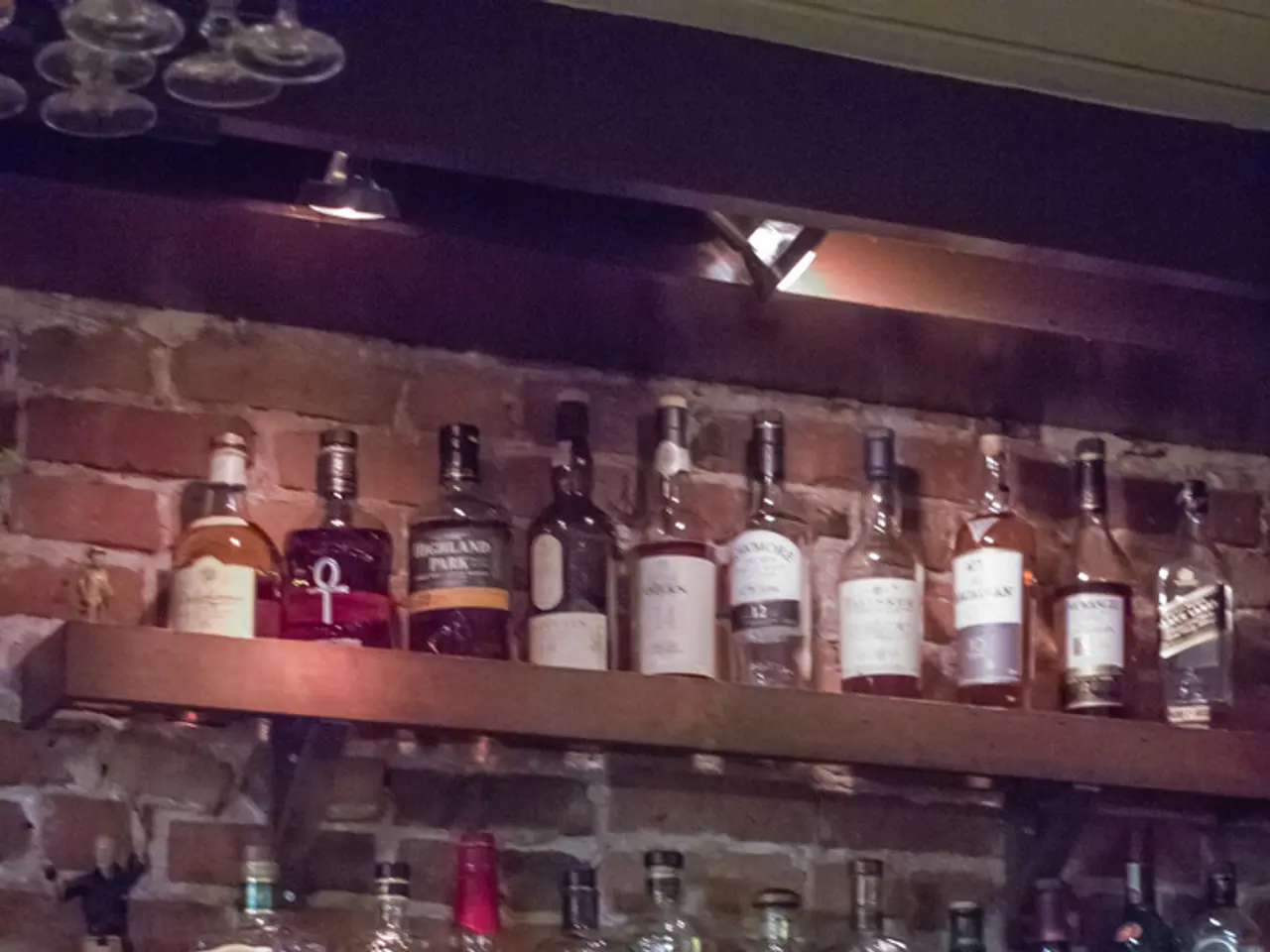Unraveling the Sober Explorer: Piwis Embarks on a Grand Journey
In the heart of France, a 28-year-old winemaker is making waves in the industry with his innovative approach to viticulture. This young visionary, returning home in 2021, was alarmed by the prevalence of fungal vine diseases in his region. His solution? Piwi grapes, a hybrid variety bred for resistance to diseases such as mildew, oidium, and botrytis.
Piwi grapes, named for their German origins meaning "fungal-resistant," are a significant innovation in winemaking. They reduce the need for chemical fungicide treatments, making vineyard management more sustainable and environmentally friendly. These grapes are not only disease-resistant but also adapt well to marginal environments, opening up new wine regions previously unsuitable for traditional *Vitis vinifera* cultivation.
The market for Piwi wines is growing, particularly in Europe, as consumers and producers embrace sustainable and innovative winemaking practices. While traditional grape varieties still hold a strong commercial and cultural position, Piwi wines are gaining recognition for their quality and environmental benefits.
Under the label Wine Impact, this individual produces two stylistically different ranges of wine from Piwi grapes. The Raisis Blanc, a 50/50 blend of Muscaris and Souvignier Gris, is intended for everyday consumption, offering aromatic notes of honeysuckle, mango, lime, candied lemon peel, and refreshing acidity. On the other hand, the Darwin wines, single-varietal wines created to showcase the individual Piwi grape varieties, are positioning these grapes among fine wines. The Darwin Vidoc, for instance, is plump with blackcurrant fruit, has a gamey, ferrous character, grippy tannins, and is best enjoyed with food.
This winemaker's Piwi wines are already listed in top restaurants in France, including Michelin one-star Restaurant Nicolas Carro in Brittany and Acte 2 Yannick Delpech in Toulouse. The next step for this young visionary is to plant his own Piwi varieties and build winemaking facilities at the family domaine, further cementing his place in the future of sustainable wine production.
- This rise in Piwi wines, echoing global-cuisines embracing sustainable-living, is intriguing the food-and-drink sector, with cooking enthusiasts worldwide eagerly awaiting new recipes to pair with these distinctive wines.
- As the demand for home-and-garden remodels increasingly focuses on eco-friendly trends, potentially, this winemaker's sustainable practices and Piwi grapes could inspire similar innovations in other industries, contributing to a wider culture of sustainable living.
- The recognition of this winemaker's Piwi wines extends beyond European borders, stirring curiosity in global-cuisines about French wine news and the potential of indigenous grape varieties like the Piwi, reshaping perceptions of what fine-dining experiences might offer in the future.




